What happens when both the U.S. and Israel shift from preserving stability to pushing for bold change? This study explores how recent conflicts, especially the 2023 Hamas attacks, have transformed Israel into a more aggressive actor and aligned it even closer with the U.S., now under another Trump presidency. As Israel and America embrace a shared revisionist agenda, their partnership could drive major shifts in the Middle East’s balance of power.
New Publication: “Hope the Russians Love Their Children Too.” Russian Public Support for the Use of Nuclear Weapons after the Invasion of Ukraine
Výdaje na obranu: Proč je potřeba je výrazně zvýšit a jak zajistit jejich financování
Představujeme úvodní studii zaměřenou na téma financování české obrany, jejímž cílem je zdůraznit potřebu výrazného navýšení výdajů a navrhnout možné způsoby jejich financování. Studie se snaží identifikovat klíčové otázky, které by měly být součástí veřejné debaty, a nabízí odpovědi na zásadní témata týkající se současného stavu obranného rozpočtu, jeho struktury a potenciálních zdrojů dalšího financování.
New publication: Friends as neighbors? Geographic closeness improves support to other governments
Our newest study finds that geographic proximity significantly influences public support for aiding friendly nations under attack. Using survey experiments in Japan and Czechia, they show that people are more likely to support military and non-military interventions when the conflict is perceived as nearby. While Japanese respondents strongly supported aid to Taiwan, Czech support declined for distant crises. The study highlights that perceived distance—not just actual geography—shapes public opinion, with important implications for international alliances and crisis response planning.
Invitation: PRCP Talks with Stephen Brooks
New policy analysis: Collision Course: How Iran and Israel Brought the Middle East to the Brink of War
A new study by Dr. Rob Geist Pinfold, Clive Jones, and Anoushiravan Ehteshami, published in Global Policy, examines how Iran and Israel’s long-standing rivalry has driven the Middle East toward an increasingly dangerous cycle of escalation. The research reveals a surprising role reversal: Israel, traditionally a status quo power, has become the region’s leading revisionist force, seeking to reshape the regional order after the October 7 attacks, while Iran is now on the defensive, aiming to preserve its diminishing influence.
PRCP Annual Conference
The event will take place on April 11, 2025 at the Faculty of Law, Charles University (nám. Curieových 901/7, Prague 1). We are excited to welcome you to our Annual Conference, where we will explore the implications of a new Trump era for Europe. To attend, please register by filling out the form here.
Keynote Speaker: Steve Brooks (Dartmouth College)
We’re excited to see you at the conference!
New publication: Adopted or contested? Examining Israel’s strategic narratives in German media
This study by Tereza Plíštilová and Zuzana Lizcová explores how German media responded to Israel’s strategic narratives during Russia’s 2022 invasion of Ukraine. While narratives linked to Holocaust remembrance were accepted, Israel’s democratic identity and security concerns faced skepticism. Media receptiveness improved when Israel engaged diplomatically, highlighting the role of historical ties and proactive diplomacy in shaping narrative adoption.

